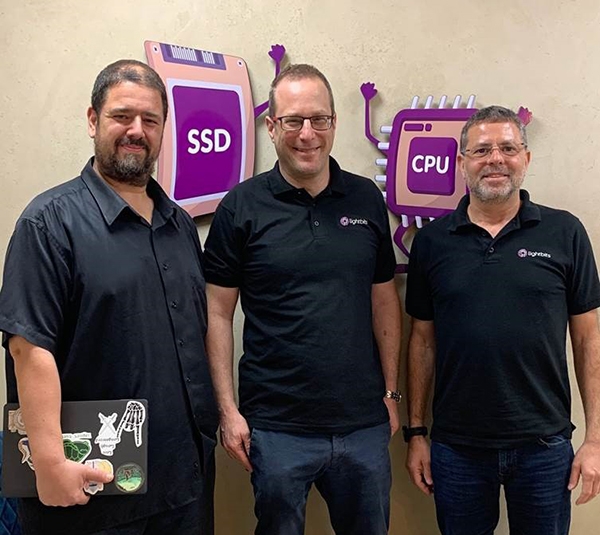“Hong Kong is a great location to expand our business, many of the fintech and banking customers there see value in Lightbits technology.”
“Lightbits overcomes supply-chain-induced challenges because our solution is software-only and runs on any hardware; we minimize risk when hardware supply chains are compromised. At the same time our disaggregated, scalable, high-performance cloud data platform accelerates their application performance and can reduce their total cost of operations.”
He said Lightbits needed to spread its operations across the world, concentrating in areas of high demand, because peripheral clouds and edge clouds have a critical impact on the overall end customer experience – this is true in use-cases such as content delivery networks, gaming, financial services and internet of things applications.
“Also, considerations related to data locality, security, and local regulations need to be considered. These requirements necessitate a global presence, including Asia,” Mr. Kirzner said.
Mr. Li’s investment came against the background of the Hong Kong-Israel R&D Cooperation Programme, a bilateral framework providing financial support from governments for collaborative industrial R&D projects between Hong Kong and Israeli companies. The scheme was launched in June this year and is managed by Hong Kong’s Innovation & Technology Commission and the Israel Innovation Authority.
The Consulate General of Israel matches Hong Kong companies with relevant Israeli cutting-edge new technology that can benefit their business. Hong Kong, being a global financial and services center and a connector with Mainland China, is Israel’s natural partner, especially in the collaboration of health care, food tech, environment, property tech, and fintech. The Israel-Hong Kong trade has reached US$3 billion last year.
Lightbits Labs
Original article featured on Hong Kong means Business

